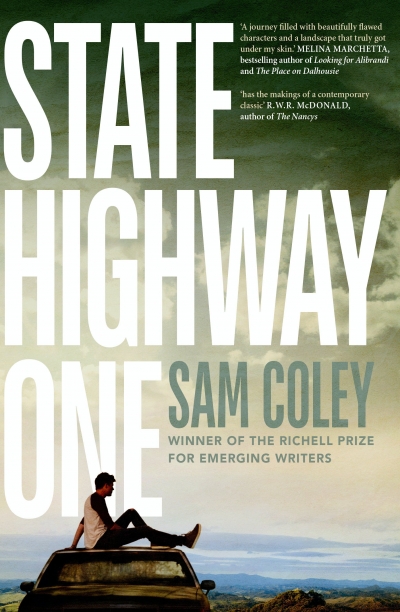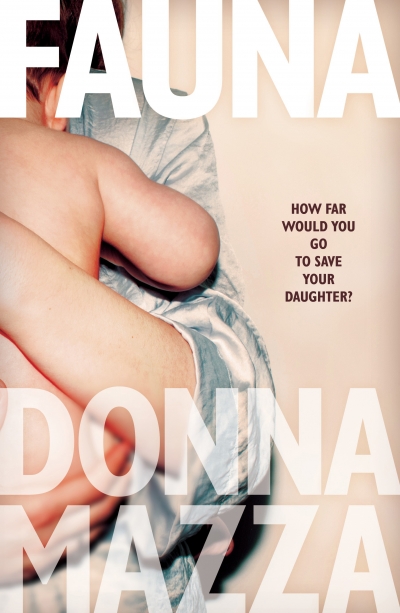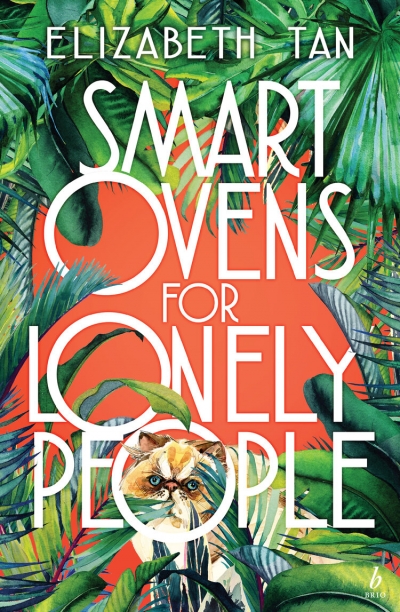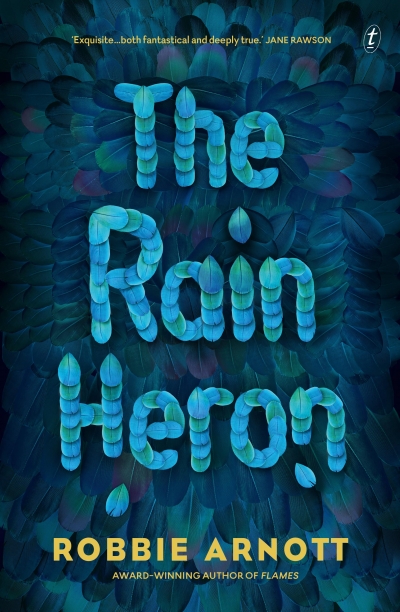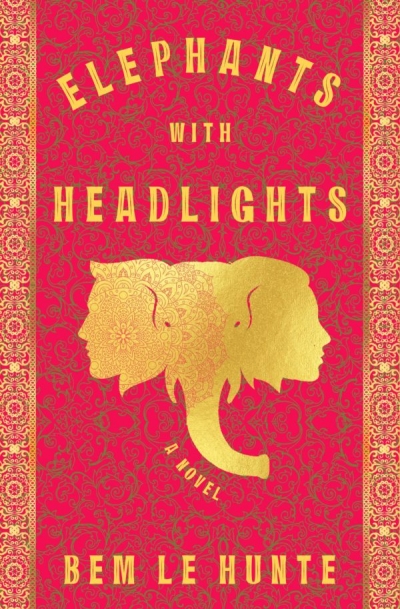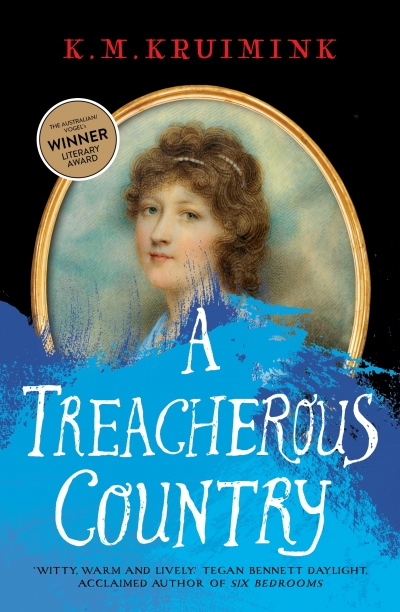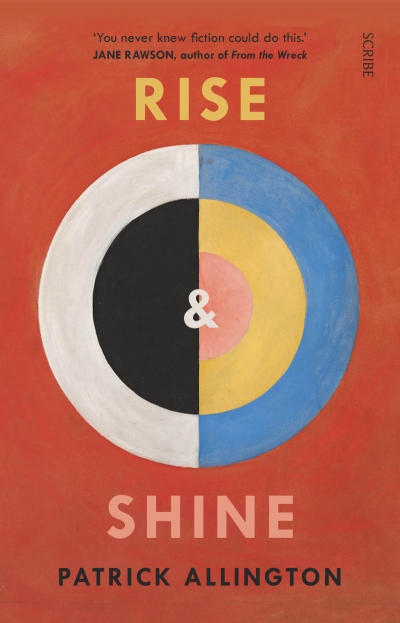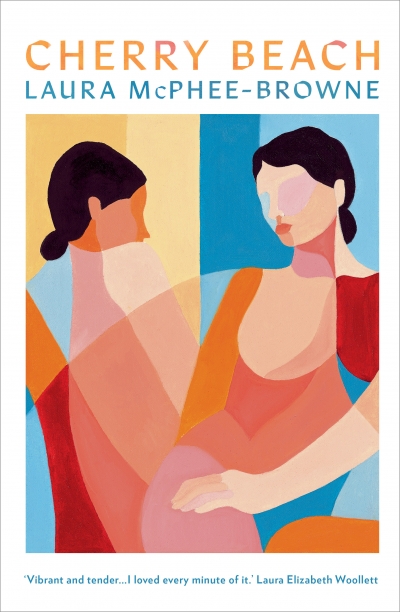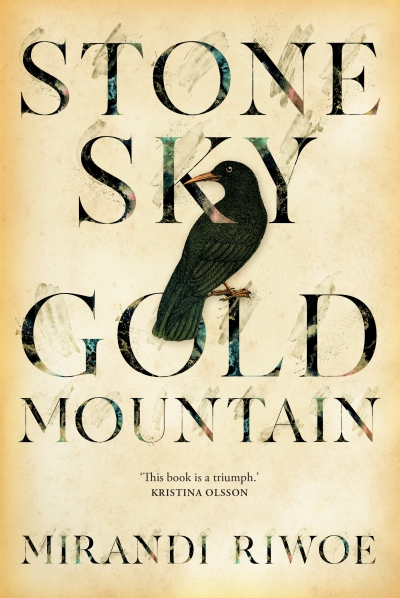Fiction
In this absorbing first novel – which won the 2017 Richell Prize for Emerging Writers – Sam Coley tells the story of Alex, a young Aucklander who returns home from abroad after the sudden death of his parents. Alex and his estranged twin sister, Amy, set off on a reluctant road trip through New Zealand to reconnect with each other and their home country.
... (read more)While having a child is an act of hope and joy for many, it is also risky. One can heed expert advice, prepare, even throw money at the endeavour, but there is no guarantee that the creation or nurturing of a child will go as planned.
... (read more)Three new fantasy novels by Alison Croggon, Alison Evan, and Astrid Scholte
This month’s survey features three bewitching novels from authors intent on transporting younger readers to other worlds. In Alison Croggon’s latest fantasy novel, The Threads of Magic (Walker Books, $19.95 pb, 380 pp), Pip and his sister El are living in a poor but snug apartment in the city of Clarel, bequeathed to them by Missus Pledge. Pip, always on the lookout for opportunities, scoops up a silver box from the sidelines during a street brawl. The opening of this box burdens Pip with an ancient and grisly relic: the shrivelled black heart of a child.
... (read more)Though its origins are unknown, the earliest sense of the word ‘quirk’ was as a subtle verbal twist or a quibble. Over time, its definition has become more nuanced: a quirk now also refers to a person’s peculiar or idiosyncratic traits, chance occurrences, and sudden, surprise curves appearing on paths or in facial expressions. Quirks can also be accidents, vagaries, witty turns of phrase.
... (read more)In an unnamed land under the thrall of a mysterious coup, mountain-dweller Ren wants only to live off the grid, undisturbed by human contact. Ren’s familiarity with the natural world becomes a liability when a band of soldiers comes seeking information that only she can provide: the whereabouts of a fabled bird with the ability to make it rain.
... (read more)Perhaps reflecting the long gestation period of Bem Le Hunte’s third novel, the term ‘Asian Century’ occurs early on in Elephants with Headlights. The sobriquet is certainly apt. Induction into this vaunted space does not befall a country haphazardly: its temporal aspect serves to remind us that the fate is written in centuries-old geopolitical legacies. Before there was an ‘Asia’ to eponymise in this fashion, a wealth of cultures simply went about their business. But the determinations of capital and colonisation were made long ago, and now we live with the press.
... (read more)Tasmanian writer K.M. Kruimink’s first novel, A Treacherous Country, a witty, cracking tale set in Van Diemen’s Land in the 1840s, has more than a hint of Dickens and Moby-Dick about it. It won The Australian/Vogel’s Literary award, established in 1980 for an unpublished manuscript by an author under thirty-five, which has launched the career of Kate Grenville and Tim Winton, among others. The award sets high standards – it was not awarded in 2019 due to a ‘lack of quality’. Kruimink, who described it as an ‘absolute life-changer’, is a worthy recipient.
... (read more)‘What is the use of saying, “Peace, Peace” when there is no peace below the diaphragm?’ asks Chinese writer Lin Yutang in The Importance of Living (1937). The subject of food and its manifestations – sustenance, communion, gluttony, longing – has claimed a place in the books of every era and genre, from heavenly manna in the Book of Exodus to starving gladiators in Suzanne Collins’s multi-billion-dollar The Hunger Games franchise. Writers as varied as Marcel Proust and Margaret Atwood have prioritised this theme in their work.
... (read more)How do you define love? How much of yourself do you need to sacrifice to keep a friendship afloat? And can we ever truly understand the inner workings of other people’s lives? These are some of the questions that Laura McPhee-Browne explores in Cherry Beach, a gentle tale of female friendship.
... (read more)In this multi-perspective novel, Mirandi Riwoe trains her piercing postcolonial gaze on Gold Rush-era Australia, lending richness to the lives of the Chinese settlers who are often mere footnotes in our history. Ying and Lai Yue are outsiders before their arrival in Far North Queensland, where they have gone to find their fortunes after their younger siblings are sold into slavery. While Ying struggles with hiding her gender in the male-dominated goldfields, Lai Yue is haunted by his betrothed, Shan – killed in a landslide back in China – and by his failure to protect the family from penury. Meanwhile, in nearby Maytown, a white woman, Meriem, grapples with her exile from respectable society while working as a maid to local sex worker Sophie.
... (read more)

